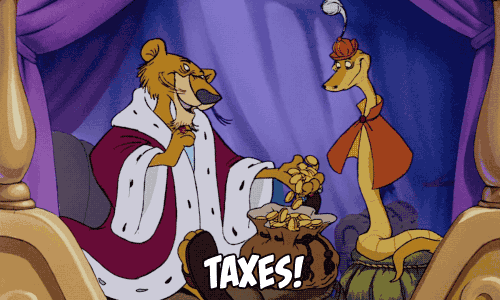Canadians spending more on taxes than basic needs: study

Conventional wisdom suggests that a family should spend no more than 30 per cent of their income on housing.
But if you’re spending a hefty portion of your take-home on taxes, that may dwindle to even less.
A new study from the Fraser Institute suggests that taxes, not housing or any other household expense, are taking the biggest chunk out of Canadian paycheques.
The right-wing think tank’s study says that in 2016, Canadians spent more on taxes than on housing, food and clothing combined.
On average, Canadian families paid 42.5 per cent of their income on taxes, compared to 22.1 per cent of their income on housing in 2016. With an annual average income of $83,105, that means $35,283 went to taxes, versus $31,069 to housing (rent or mortgage), food and clothing.
In 1961, the report states, the average Canadian only spent 33.5 per cent on taxes versus 56.5 per cent on food, clothing and housing.
“Many Canadians may think housing in their biggest household expense, but in fact the average Canadian family spent more on taxes last year than on life’s basic necessities, including housing,” writes Charles Lammam, director of fiscal studies at the Fraser Institute, in a press release.
What’s not detailed in the study is how the breakdown differs between provinces. Someone in Toronto or Iqaluit is going to be paying a substantially higher percentage towards their needs than someone in Edmonton or Moose Jaw. And Quebecers pay significantly more in provincial income tax than residents in Newfoundland and Labrador.

 Yahoo Finance
Yahoo Finance 
